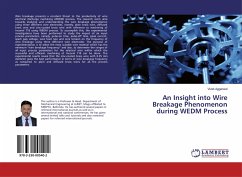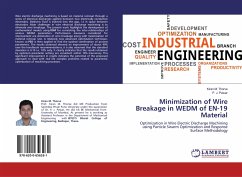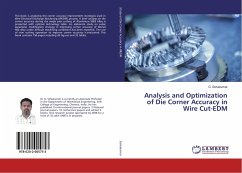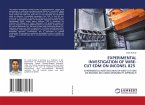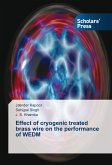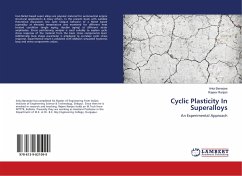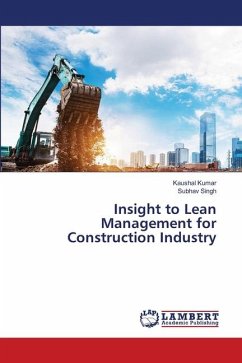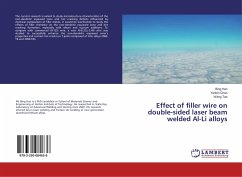Wire breakage presents a constant threat to the productivity of wire electrical discharge machining (WEDM) process. The research work aims towards studying and understanding the wire breakage phenomenon using three different wire electrodes, namely, plain brass wire, diffused brass wire and zinc-coated brass wire with reference to machining of Inconel 718 using WEDM process. To accomplish this, the experimental investigations have been performed to study the impact of six input process parameters, namely, pulse-on time, pulse-off time, peak current, spark gap voltage, wire feed rate and wire tension on the frequency of wire breakage using three different wire electrodes. The purpose of experimentation is to select the most suitable wire material which has the minimum "wire breakage frequency" and also, to determine the ranges of all input process parameters for the selected wire within which the successful and efficient machining of Inconel 718 can be done. The experimental results reveal that the zinc-coated brass wire with 0.25 mm diameter gives the best performance in terms of wire breakage frequency as compared to plain and diffused brass wires for all the process parameters.
Bitte wählen Sie Ihr Anliegen aus.
Rechnungen
Retourenschein anfordern
Bestellstatus
Storno

